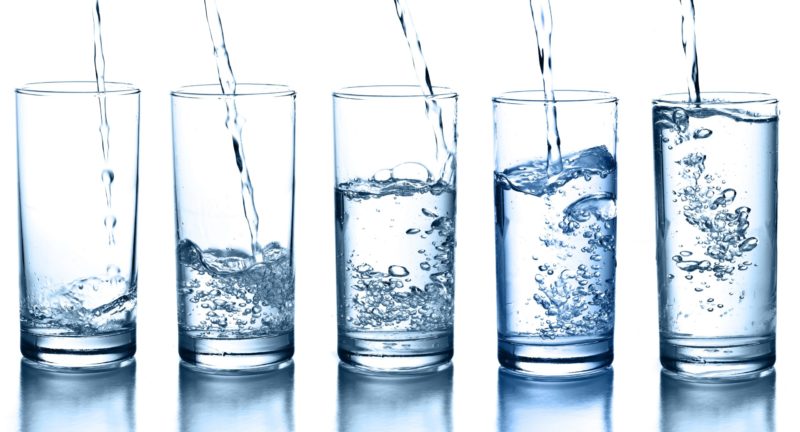The Hydration Equation in Athletic Performance

With Texas and Oklahoma temperatures rising and seemingly no end in sight, hydration is more important than ever for athletes of all ages. Since water plays a vital role in the majority of processes involved in athletic movement and performance, it’s essential to stay hydrated during this time. Unfortunately, many athletes fail to consider the effects of even mild dehydration and its detrimental effects not only on performance but on the body overall.
Why Hydration Is Critical for Athletes
Water protects your joints.
Synovial fluid, which is composed mostly of water, lubricates the joints to reduce friction and maintain flexibility. Proper levels of synovial fluid help keep bones from rubbing together and causing a host of joint issues. Muscle and other soft tissue around the joint, as well as cartilage, also require water to optimally function. Water helps to form protein in muscles to gain strength and allow for proper contractions in athletes, reduce the risk of injury to soft tissues, and keeps cartilage from drying out and stiffening, which can lead to friction. All of these factors contribute to joint protection. At DOC, we also offer the Kinetisense functional movement system that can analyze an athlete’s potential for injury through biomechanical movement data.
Water regulates your body temperature and replenishes fluids lost from perspiration.
When the body experiences dehydration, even at a very low level, your sweat rate and heat dissipation are decreased. This raises your core body temperature, as you no longer cool the body down efficiently. Heat stress on the body from lack of fluids can cause serious issues, including vomiting and diarrhea, tachycardia, hyperventilation, hypotension, and even seizures and coma.
Water maintains blood volume and skin blood flow.
In order to achieve maximal cardiac output, which affects your overall performance ability, you need to maintain blood viscosity, venous pressure, and the amount of blood that returns to your heart. These factors affect how much blood leaves the heart during the contraction phase (systole), which decreases cardiac output.
Water affects hormone levels, including testosterone and cortisol.
According to a study from researchers at the University of Connecticut monitoring levels of dehydration in athletes, cortisol levels are elevated when the body is not properly hydrated. Testosterone, which is the predominant hormone necessary for muscle growth, is reduced in the body due to excess cortisol.
When an individual is dehydrated by 5% body weight, their capacity for work may be decreased by as much as 30%. Even at just 2% dehydration, athletic performance is diminished. To help avoid dehydration, one should consume hydrating fluids before and after activity, as well as every 15 minutes while active.
How to Calculate How Much Water You Should Consume
There are many internal and external factors involved in determining how much water you should intake on a daily basis. Your current health status, body weight, activity level, perspiration, metabolism, and your diet play a role in how much water you need to consume every day. Because all of these factors occur on an individual level, there is no ideal amount of water recommended for everyone to follow.
A good general rule of thumb is to divide your body weight in half and drink that many ounces of water daily. For instance, a 200-pound athlete should consume 100 ounces of H2O every day to stay hydrated. An increase in activity level, temperatures (especially in this summer heat), humidity, or symptoms such as fever or diarrhea are all reasons to up your fluid intake. You can also increase the amount of water-rich whole foods you consume, such as cucumber, spinach, oranges, and watermelon.
Check with your orthopedic specialist here at DOC to help determine how much water/hydration fluids you need for optimal athletic performance and overall health. Don’t let even the mildest dehydration reduce your endurance and performance!
For more information on the cost of care, click here.




